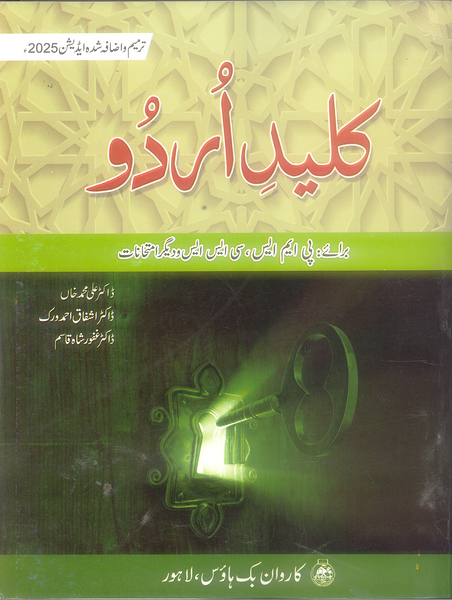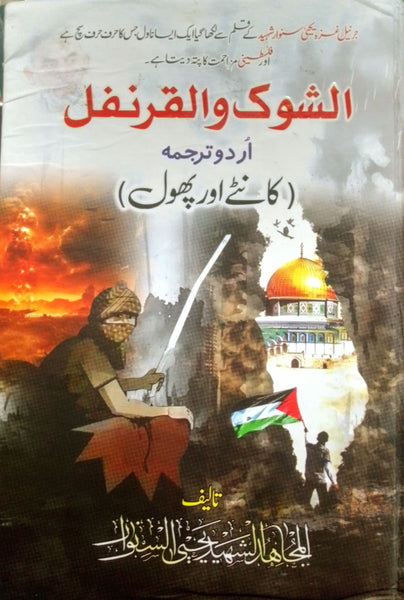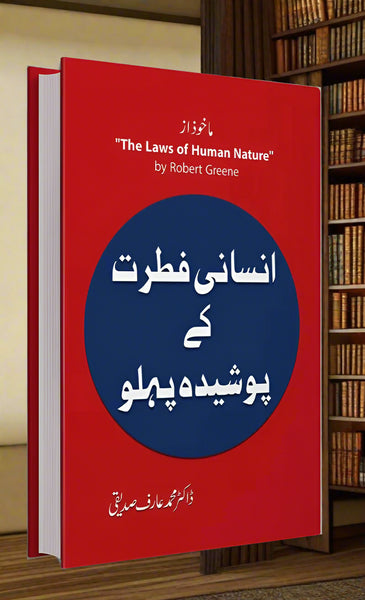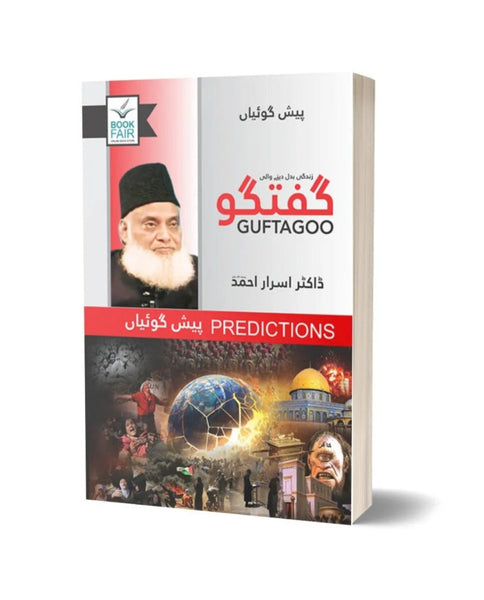Khawja Ghulam Fareed Di Shayari - خواجہ غلام فرید دی شاعری نو آبادیاتی تناظر
- Publisher: URDU GENERAL BOOKS
- Availability: In Stock
- SKU: 60155
- ISBN: 9789697563562
- Number of Pages: 144
Rs.525.00
Rs.700.00
Tags: best books , Best Price , Best Selling Books , BS Urdu literature , colonial resistance poetry , CSS Urdu literature , Dr Muzamil Hussain , Fareed in postcolonial context , Khawaja Fareed research , Khawaja Fareed Urdu , Khawaja Ghulam Fareed Di Shayari , Khawaja Ghulam Fareed Shayari , Khawja Ghulam Fareed , Khawja Ghulam Fareed book , Khawja Ghulam Fareed Di Shairi , Khawja Ghulam Fareed Di Shayari , Khawja Ghulam Farid Di Shayari , MA Urdu literature , MPhil Urdu , Pakistani authors in literature , Pakistani poetry books , PMS Urdu optional , postcolonial critique , postcolonial literature , Saraiki cultural resistance , Saraiki literature , Saraiki poetry , Sufi literature studies , Sufi poetic resistance , sufi poetry analysis , sufi thought and colonialism , Urdu colonial discourse , Urdu competitive exam book , Urdu literary criticism , Urdu literature book for exams , Urdu literature books , Urdu literature critical essays , Urdu MA syllabus , Urdu poetry exam prep , Urdu poetry postcolonialism , Urdu reference book , Urdu thesis reference , خواجہ غلام فرید دی شاعری , خواجہ غلام فرید شاعری , خواجہ فرید دی شاعری , نو آبادیاتی ادب , نو آبادیاتی تناظر
📘 Title Name: Khawja Ghulam Fareed Di Shayari – نو آبادیاتی تناظر
✍️ Author: Dr Muzamil Hussain
🔹 Introduction:
This critical study by Dr. Muzamil Hussain explores the poetry of Sufi poet Khawja Ghulam Fareed through the lens of postcolonial theory. It delves into how Fareed’s poetic expressions subtly resisted colonial narratives and preserved cultural identity.
🔑 Key Points:
-
Postcolonial Analysis: Examines Fareed’s verses within the socio-political context of colonial rule and indigenous resistance.
-
Cultural Preservation: Highlights how his poetry becomes a vehicle for safeguarding Saraiki identity and heritage.
-
Spiritual Resistance: Interprets Fareed’s Sufi themes as metaphors for resisting colonial materialism and oppression.
-
Linguistic Power: Discusses the use of native language (Saraiki) as a tool to reclaim cultural autonomy.
-
Relevance in Academia: Offers valuable insights for students and scholars of literature, postcolonial studies, and Sufism.
🔚 Conclusion:
This book is a significant contribution to modern literary criticism, especially for understanding the subtle intersections between literature, spirituality, and colonial resistance. It is an essential academic resource for researchers, postgraduate students, and competitive exam aspirants in Urdu and literary studies.

























